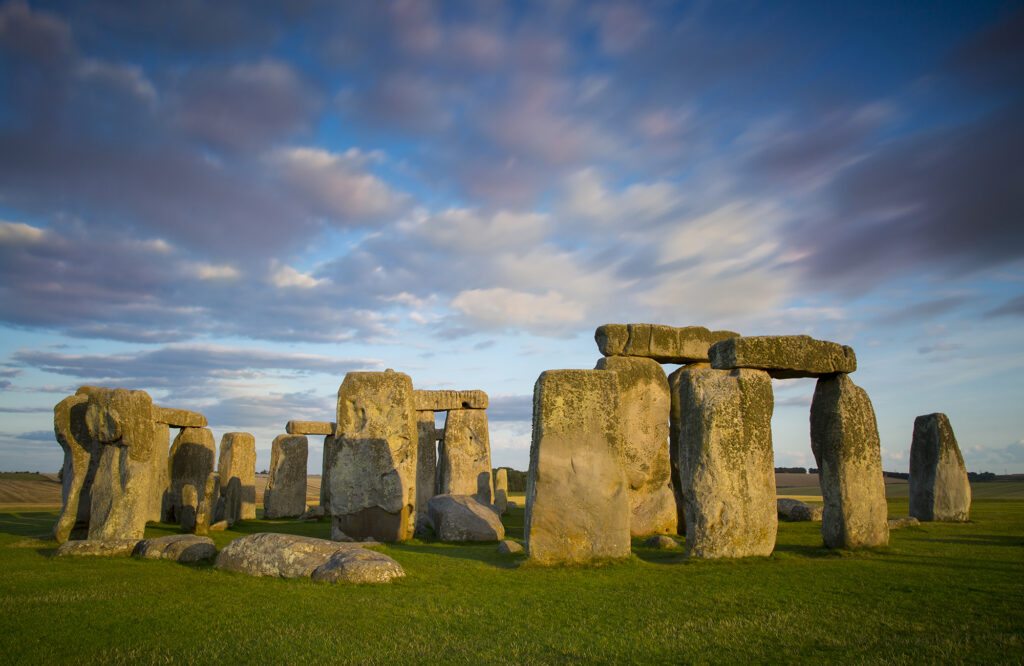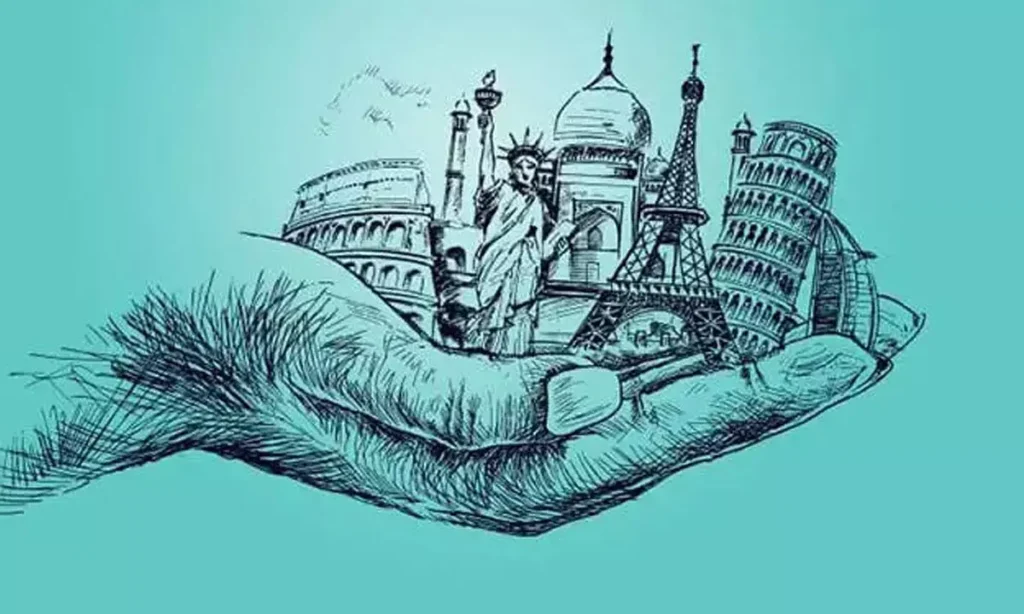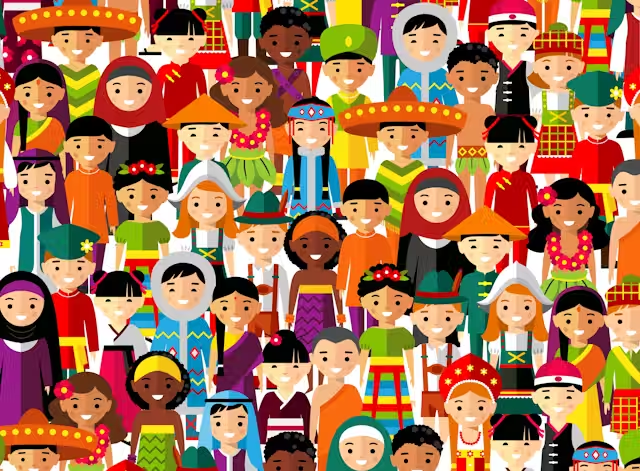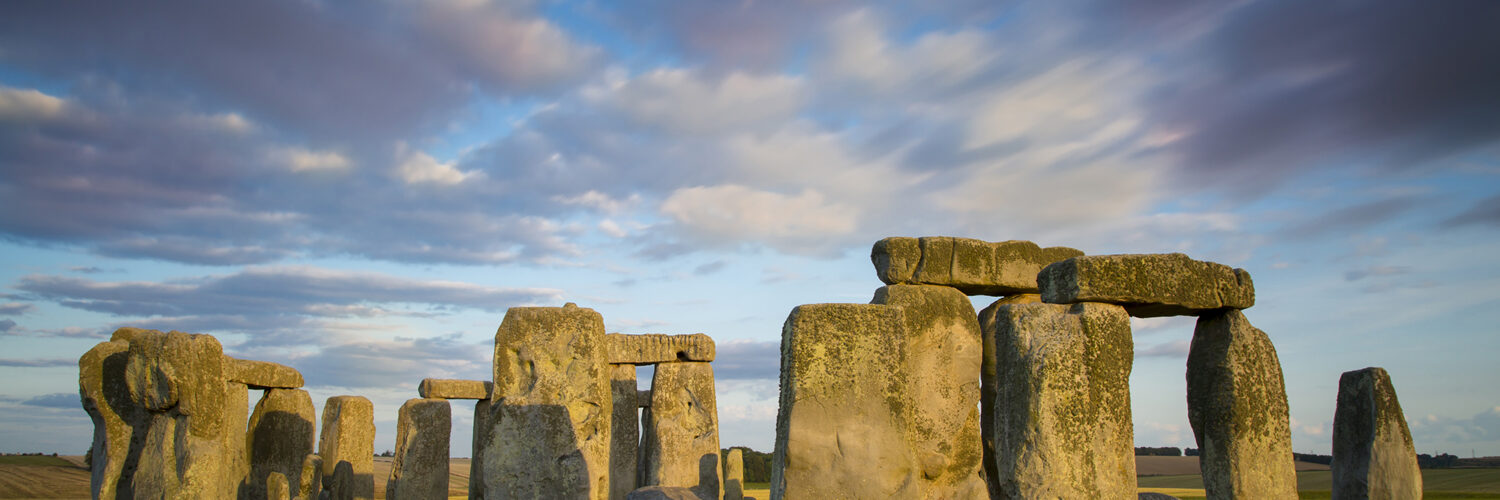In today’s fast-paced world, it’s easy to lose touch with where we come from. Many of us live in diverse communities or have families that come from different parts of the world. We are exposed to new cultures, ideas, and ways of life on a daily basis. While this can be exciting and open our minds, it’s important to remember our heritage. Our heritage is the collection of traditions, beliefs, values, and experiences that have been passed down from generation to generation. It shapes who we are, how we view the world, and the way we relate to others. Remembering your heritage is not only a way to honor your ancestors but also a way to understand yourself better and contribute to a richer, more diverse society.

Personal Identity
One of the most important reasons to remember your heritage is that it helps shape your personal identity. Your identity is influenced by many factors, such as where you were born, how you were raised, and the values instilled in you by your family. Heritage plays a significant role in this process. The traditions, beliefs, and customs passed down from your ancestors give you a sense of belonging and connection to something bigger than yourself.
For example, many people have family traditions that are tied to their heritage. These can be holiday celebrations, special meals, or rituals that are performed at important life events, such as weddings or funerals. These traditions help to create a sense of continuity between the past, present, and future. They remind us of where we come from and the values that have been passed down through generations.

Understanding your heritage can also help you make sense of your own beliefs and values. Many of the things we believe in or value as individuals are shaped by our cultural background. For instance, some cultures place a strong emphasis on family and community, while others may prioritize individual achievement and self-expression. By remembering your heritage, you can better understand why you hold certain beliefs or act in certain ways. This understanding can give you a stronger sense of self and help you navigate the world with confidence.
Connecting with the Past
Remembering your heritage also allows you to connect with your past. In today’s world, many people are disconnected from their family’s history. It’s not uncommon for people to know very little about where their ancestors came from or the challenges they faced. By learning about your heritage, you can gain a deeper understanding of your family’s journey and the sacrifices they made.
For example, many families have stories of immigration, hardship, or survival that have been passed down through the generations. These stories can provide valuable insights into the struggles and triumphs of your ancestors. They can also serve as a source of inspiration and strength. Knowing that your family has overcome obstacles in the past can give you the motivation to face challenges in your own life.
Additionally, remembering your heritage can help you honor the legacy of your ancestors. By learning about their lives and the contributions they made, you can keep their memory alive and ensure that their sacrifices are not forgotten. This can create a sense of pride and responsibility to continue their legacy.
Cultural Continuity
Another reason to remember your heritage is that it helps to preserve cultural continuity. Culture is constantly evolving, and as time passes, traditions and customs can be lost or forgotten. This is especially true in today’s globalized world, where people are exposed to new cultures and ways of life on a daily basis. While it’s important to embrace diversity and learn from other cultures, it’s also important to hold on to the traditions that make your culture unique.
By remembering your heritage and passing down traditions to future generations, you help to ensure that your culture remains alive and vibrant. This can be done in many ways, such as teaching your children about your family’s history, participating in cultural events, or practicing traditional customs in your daily life. Even small acts, like cooking a traditional dish or celebrating a cultural holiday, can help to keep your heritage alive.
Preserving cultural continuity is not only important for your family but also for society as a whole. When people remember their heritage and share their traditions with others, it enriches the cultural landscape of a community. It allows people from different backgrounds to learn from each other and appreciate the diversity of human experience. This can foster greater understanding and tolerance in a world that is often divided by cultural differences.

Sense of Belonging
Remembering your heritage also provides a sense of belonging. In today’s fast-paced world, it’s easy to feel disconnected from others or from your own history. Many people move away from their hometowns or live in diverse communities where they may not share the same cultural background as their neighbors. This can lead to feelings of isolation or a lack of connection to one’s roots.
By remembering your heritage, you can create a sense of belonging that transcends geographical or social boundaries. Your heritage connects you to a larger community of people who share the same traditions, beliefs, and values. This can provide a sense of comfort and security, especially during times of change or uncertainty.
For example, many people find comfort in participating in cultural or religious traditions that are tied to their heritage. These traditions provide a sense of continuity and stability, reminding people of their place in the world and their connection to others. They also offer a way to connect with family members, both past and present. Celebrating cultural traditions with family can strengthen bonds and create lasting memories that are passed down through generations.
Contribution to a Diverse Society
In addition to the personal benefits of remembering your heritage, there are also societal benefits. A society that values and celebrates diverse heritages is a richer, more inclusive place. When people remember and share their cultural traditions, they contribute to the diversity of the community. This diversity can lead to a greater understanding of different perspectives and ways of life.
For example, many communities host cultural festivals or events where people from different backgrounds come together to share their traditions. These events allow people to experience different cultures through food, music, dance, and art. They also provide an opportunity for people to learn about the history and values of other cultures. This can foster a sense of mutual respect and appreciation for the differences that make each culture unique.
Furthermore, a society that values heritage is more likely to be inclusive and welcoming to people from different backgrounds. When people are encouraged to remember and celebrate their heritage, it creates an environment where everyone’s culture is valued. This can help to reduce prejudice and promote social harmony in a world that is often divided by cultural differences.
Moral and Ethical Lessons
Another important aspect of heritage is the moral and ethical lessons that are passed down through generations. Many cultural traditions are rooted in values such as respect, honesty, and compassion. These values are often taught through stories, rituals, and customs that have been passed down from ancestors.
By remembering your heritage, you can learn from the wisdom of those who came before you. The lessons they learned and the values they held can provide guidance for how to live your life. For example, many cultures emphasize the importance of family, community, and helping others. These values can shape how you interact with the world and the choices you make in your daily life.
Remembering your heritage can also help you develop a sense of responsibility to continue these traditions and pass them on to future generations. This sense of responsibility can motivate you to live in a way that honors the values of your ancestors and contributes to the well-being of your community.
Challenges of Forgetting Heritage
While there are many benefits to remembering your heritage, there are also challenges when it is forgotten. In today’s world, it’s easy to lose touch with your cultural roots. Many people move to new places, adopt new customs, or become disconnected from their family’s history. Over time, this can lead to a loss of identity and a sense of disconnection from the past.
Forgetting your heritage can also lead to a loss of cultural diversity. When traditions are not passed down, they can disappear, leaving future generations with a less rich and varied cultural landscape. This loss of diversity can make it harder for people to connect with their roots and understand their place in the world.
Additionally, when people forget their heritage, they may lose important lessons and values that have been passed down through generations. These lessons can provide valuable guidance in navigating life’s challenges and making ethical decisions.
Conclusion
Remembering your heritage is important for many reasons. It helps to shape your personal identity, connect you with your past, and preserve cultural continuity. It also provides a sense of belonging and contributes to a diverse and inclusive society. Additionally, heritage offers moral and ethical lessons that can guide you in your life. While it’s easy to lose touch with your heritage in today’s fast-paced world, making an effort to remember and celebrate your cultural roots can have lasting benefits for both you and future generations.




Add comment